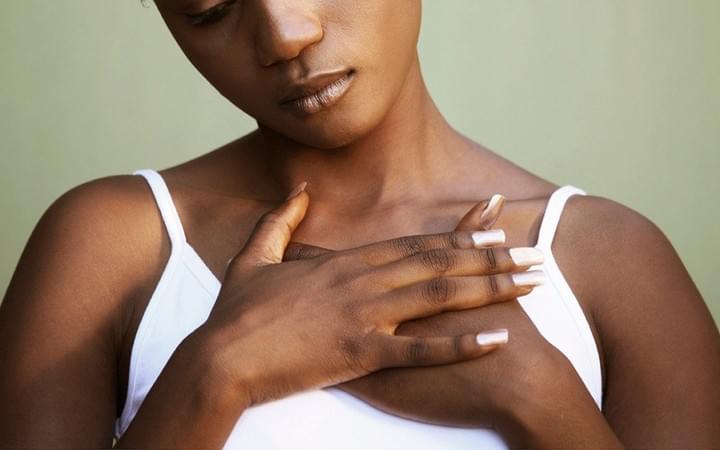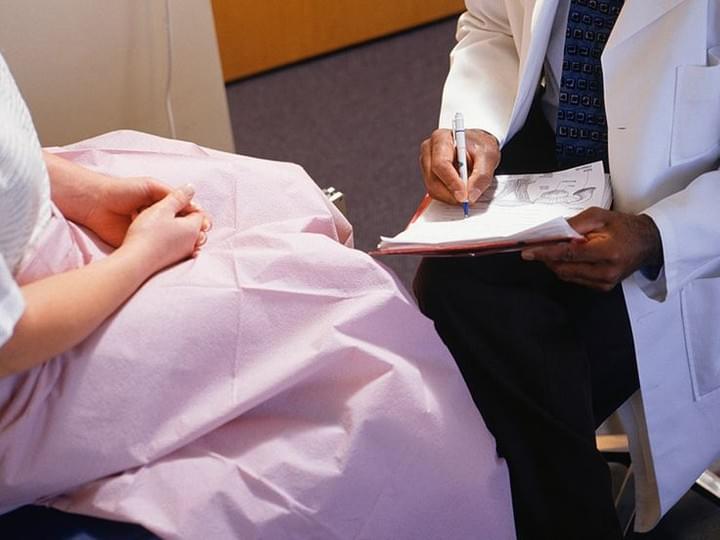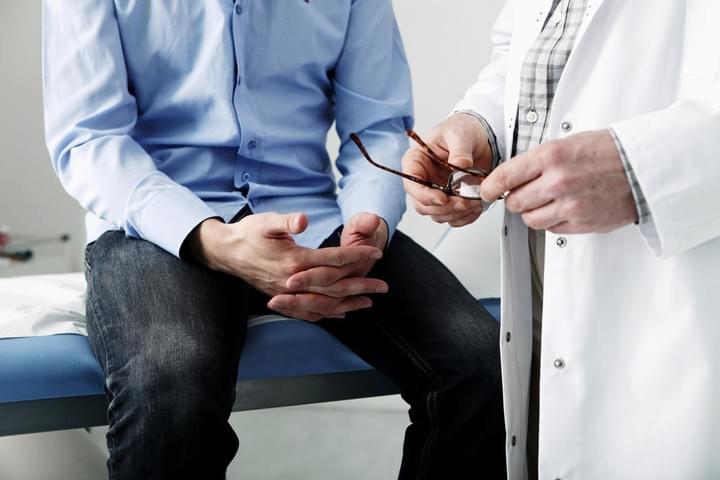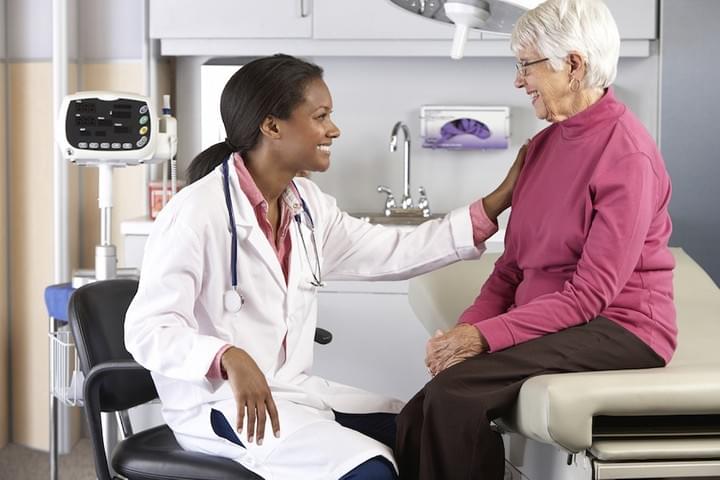
- HOME
- COMMUNITY
“Communities and countries and ultimately the world are only as strong as the health of their women.”
— Michelle Obama
Community Health

Women's Cancer
Breast cancer is the most common cancer amongst women.
— The best protection against breast cancer is to find the cancer early.
Cervical cancer affects any woman who has been sexually active.
— Occurs in women who have had the human papilloma virus (HPV), a sexually transmitted virus.

Men's Cancer
Prostate cancer is most common amongst men over the age of 65
— African American men and men with a family history of prostate cancer are at a higher risk.

Colon Cancer
Colon cancers are usually found in people 50 years or older.
— People with a family history of colon cancer, inflammatory bowel disease, or polyps in their colon or rectum are at a higher risk.
Cancer Screening & Prevention
Cancer screening can help detect certain cancers, even if you do not appear to have any symptoms. These screenings are simple, and are essential to find early curable cancers before they have a chance to spread.

Breast Cancer Screening
Annual breast cancer screenings, mammograms, are recommended every year starting at age 40
- Screenings can switch to a bi-yearly schedule after age 55
Your doctor may recommend a different mammogram schedule if you are at a higher risk for breast cancer:
- If you or a first-degree relative already have breast cancer
- You carry a BRCA1 or BRCA2 genetic mutation
- Have a history of multiple c
Cancer Facts for Women — American Cancer SocietyBreast Cancer Early Detection and Diagnosis — American Cancer Society
Cervical Cancer Screening
All women should have a Pap test to screen for cervical cancer from ages 21 to 65.
- From 21 to 29, women should get tested every three years
- Beginning at age 30 to age 65, the preferred way to screen with a Pap test combined with a HPV test every five years.
- A Pap test every three years is also an option for screening after age 30.
Early Detection, Diagnosis, and Staging — American Cancer Society
Prostate Cancer Screening
Two main early detection tests for prostate cancer are testing prostate-specific antigen (PSA) levels in blood and digital rectum exams (DRE)
Consult your doctor as to which test and how often you should be tested. These conversations can start at:
— Age 50, for men who are at an average risk of prostate cancer, and are expected to live at least 10 more years
— Age 45, for men who are at higher risk for developing prostate cancer (African Americans and men who have a first degree relative with history of prostate cancer at an early age)
— Age 40, for men who have multiple first-degree relatives diagnosed with prostate cancer at an early age.
For more information visit — American Cancer Society

Colorectal Cancer Screening
Starting at age 50, men and women with average risk of colorectal cancer should get screened. These tests check for polyps, which could lead to cancer. There are a variety of screening methods:
— Colonoscopy every 10 years
— CT Colonography every 5 years
— Flexible sigmoidoscopy every 5 years
— Double-contrast barium enema every 5 years
Cancer screening may need to begin earlier if you are at an increased risk. These include:— People with a personal history of colorectal cancer or adenomatous polyps
— People with a personal history of inflammatory bowel disease (ulcerative colitis or Crohn’s disease)
— A family history of colorectal cancer or polypsFor more information visit — American Cancer Society

Prevention Diet
Including a well-balanced diet in your life can help prevent certain cancers.
- Limit foods with added sugar and solid fats—these foods include sugar-sweetened beverages, processed snack foods and desserts.
- Eat plenty of fruits and vegetables (including beans!)—Studies show that including fruits and vegetables in your diet lowers your risk of lung, oral, esophageal, stomach, and colon cancers. Eat a range of colors! Consult USDA's MyPlate to figure out your serving size.
- Watch the red meat—Consuming large amounts of red meat, such as bacon, ham, and beef, can increase your risk of colon cancer, according to some studies. Enjoy your protein in moderation, by eating lean and plant-based sources of protein.
- Moderate your alcohol consumption—Evidence suggests that alcohol increases the risk of a number of cancers including liver, breast, pancreas, colon, and rectum cancers. Even though it is unclear to what extent alcohol affects cancer risk, try limiting your alcohol consumption to one drink a day (for women), or two drinks a day (for men).

Prevention Exercise
Exercise helps protect against many cancers including colon and breast cancer by reducing weight and improving your immune system. Obesity has become a major risk factor and may explain the increase in young people getting colon cancer. According to the Mayo Clinic, it is recommended to aim for at least 30 minutes of physical activity every day and reduce time spent sitting.
- ResourcesFor more information about early detection and prevention, CORI affiliates and our peer organizations have provided more resources.
In The Media
Colorectal Cancer Screenings in Underserved Communities
Other Resources
American Cancer Society
City of Hope
The Men's Cancer Network
Celebrate Life Cancer Ministry
CORI Blog
Subscribe to CORI News
Keep up with CORI's outreach events and other news by signing up for our e-mail list:










